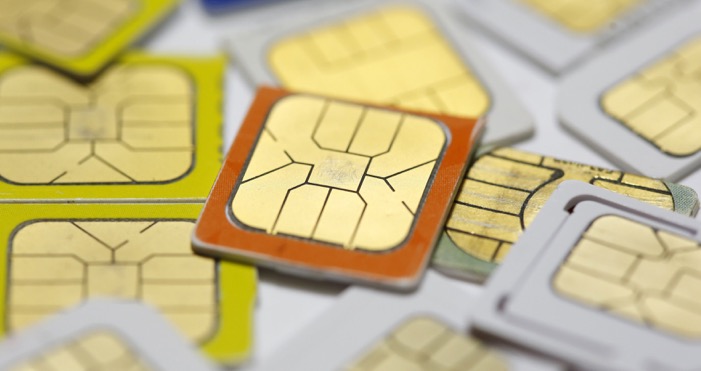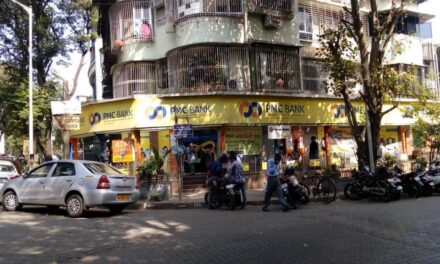
Fraudsters clone Mahim businessman’s SIM card, siphon Rs 1.86 crore overnight


Cops suspect that the accused got access to the businessman’s unique SIM number and initiated a SIM swap, which allowed them to read OTP messages and authenticate banking transactions (Representational Image)
A Mumbai-based businessman has become the latest victim of a major SIM card ‘swap’ fraud after unidentified persons illegally transferred at least Rs 1.86 crore from his account to various others across the country earlier this week.
The incident came to light on Friday when the victim, reportedly identified as V Shah, approached BKC Cyber Police Station to file a complaint in the matter.
According to the complaint, on the intervening night of December 27-28, the Mahim-resident’s cellphone had stopped functioning after receiving some missed calls from UK and US numbers.
The next morning, he found that his bank account, which was with a co-operative bank and whose details were linked to his mobile phone, had been almost emptied during the night.
At least Rs 1.86 crore was fraudulently transferred from his account through RTGS/NEFT by unidentified persons to 24 accounts of various banks in Delhi, West Bengal, Jharkhand and some northern states.
The textile merchant rushed to his bank and tried to stop fraudulent money transfers. However, the bank could only manage to bring back Rs 20 lakh and freeze some other transfers.
Based on his complaint, an offence was lodged against unidentified persons under IPC sections 420 (cheating), 419 (impersonation) and 34 (criminal act done by several people in furtherance of common intention) and sections 43 (damage to computer system) and 66D (impersonation) of the Information Technology Act.
During the investigation, it came to light that the fraudsters had managed to clone the businessman’s SIM card.
The police suspect the accused persons got access to the businessman’s unique SIM number and initiated a SIM swap. The swap allowed them to receive OTP messages, that are often required to authenticate banking transactions.
Officials said the accused may have got the businessman’s SIM card details with the help of a ‘malware’, a type of computer virus.












